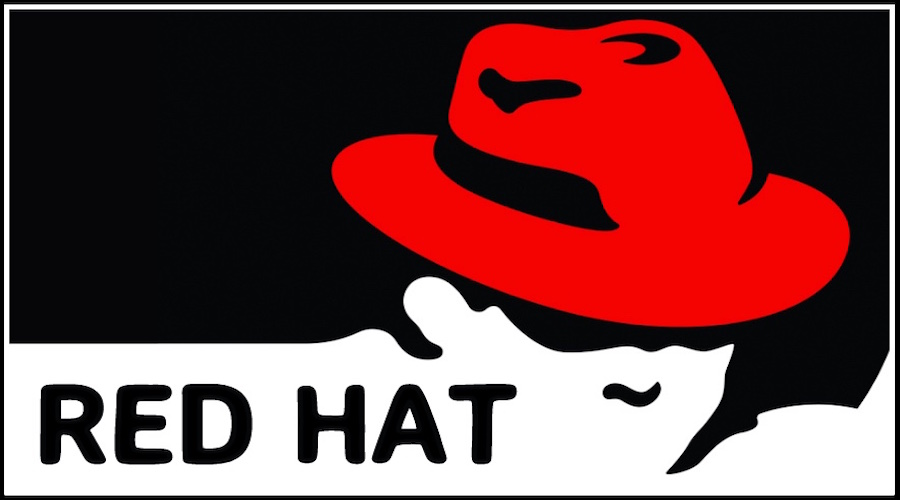Open Source Leader Red Hat Lands On Forbes’ “World’s Most Innovative Companies” List


The company is listed as the 25th most innovative company in the world. This recognition marks Red Hat’s fourth appearance on this list (2012, 2014, 2015, 2015). Back in 2011, the company also found a place on Forbes’ World’s Most Innovative Growth Companies, according to Red Hat.
Red Hat was founded in 1993 with an aim of providing open-source software products for the enterprise. Over the years, in the open source community, Red Hat has become associated to enterprise operating system Red Hat Enterprise Linux, commonly known as RHEL.

Red Hat provides storage, middleware, applications, management products, support, and more. Red Hat is also known to contribute many free software projects. As of the current data, Red Hat is the second largest corporate contributor to Linux kernel.
Interestingly, Red Hat is the only open source software company on Forbes’ World’s Most Innovative Companies list.
Here’s what Red Hat CEO and president Jim Whitehurst has to say about this development:
Have something to add? Don’t forget to drop your feedback in the comments section below.
Also Read: What Is A Linux Distribution? How Are All These Linux Distros Different?






